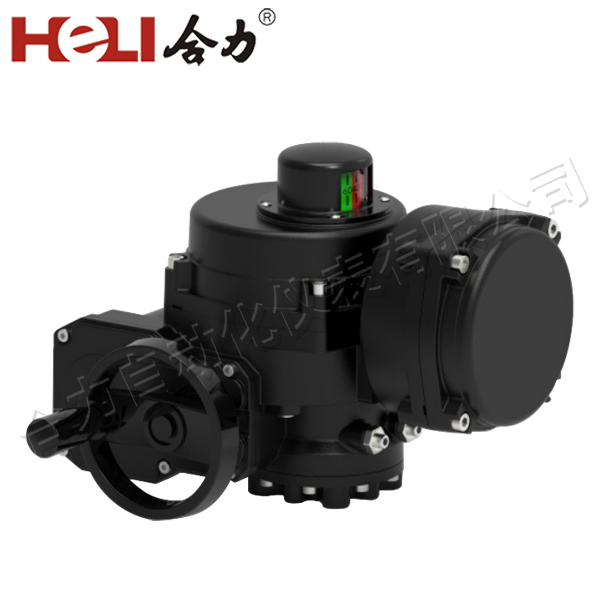
In recent years, the quest for sustainable and efficient energy solutions has led to the rise of hydrogen energy as a viable alternative to conventional fossil fuels. Among the innovative applications of this clean energy source is the hydrogen energy electric actuator, a device that plays a crucial role in various industrial and automotive sectors. This article delves into the significance, functionality, and potential of hydrogen energy electric actuators in shaping a greener future.

Hydrogen energy is celebrated for its environmental benefits, producing only water as a byproduct when used in fuel cells. This clean energy source can be harnessed for various applications, including transportation, power generation, and even in the operation of electric actuators. Electric actuators powered by hydrogen energy offer several advantages, primarily their ability to provide high torque and precise motion control while maintaining low emissions.
The working principle of a hydrogen energy electric actuator is relatively straightforward. These actuators convert the chemical energy stored in hydrogen into mechanical energy. The hydrogen is typically stored in tanks and fed into a fuel cell, which generates electricity. This electricity powers an electric motor that drives the actuator, enabling it to perform tasks such as opening or closing valves, adjusting the position of machinery, or controlling other mechanical systems. The integration of advanced sensors and control systems allows for precise and responsive operation, making these actuators ideal for applications requiring high accuracy.
